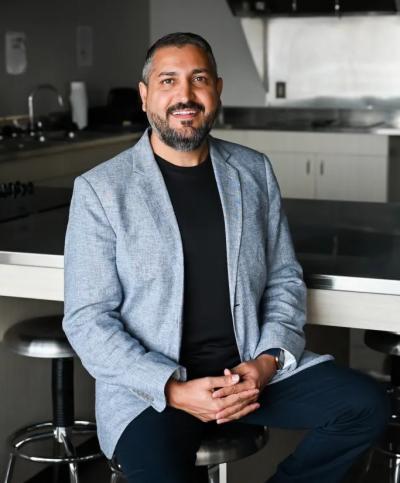Welcome Message
Welcome from the Program Director
Welcome to the Master of Public Health program at the University of Tennessee at Chattanooga.
Our program is designed to do more than just educate; it empowers. What sets us apart is a strong commitment to collaboration, community, and real-world impact. You will learn alongside engaged and supportive faculty who bring a wide range of expertise and who are deeply committed to helping you succeed both academically and professionally.
Located in Chattanooga, Tennessee, our program thrives in a vibrant, forward-thinking city known for its innovation, outdoor beauty, and strong community partnerships, after all, it’s the Gig City. The city itself becomes an extension of the classroom, offering meaningful opportunities to explore health challenges and solutions across urban and rural communities.
Our MPH program emphasize hands-on learning. Through applied projects, community engagement, and field experiences, our students graduate ready to lead. Whether your goals include becoming a clinical dietitian or managing community health projects, our program provides the practical skills and support to get you there.
And here is something exciting, from the American Heart Association to local food banks, we have over 100 affiliation agreements with regional and national organizations. Imagine the possibilities these connections can offer you! And did I mention we have a 100% placement rate among our students within six months of graduation?
I am looking forward to seeing you in our classes.
Sincerely,
Dr. Amir Alakaam

Program Director and Associate Professor
Master of Public Health, University of Tennessee at Chattanooga